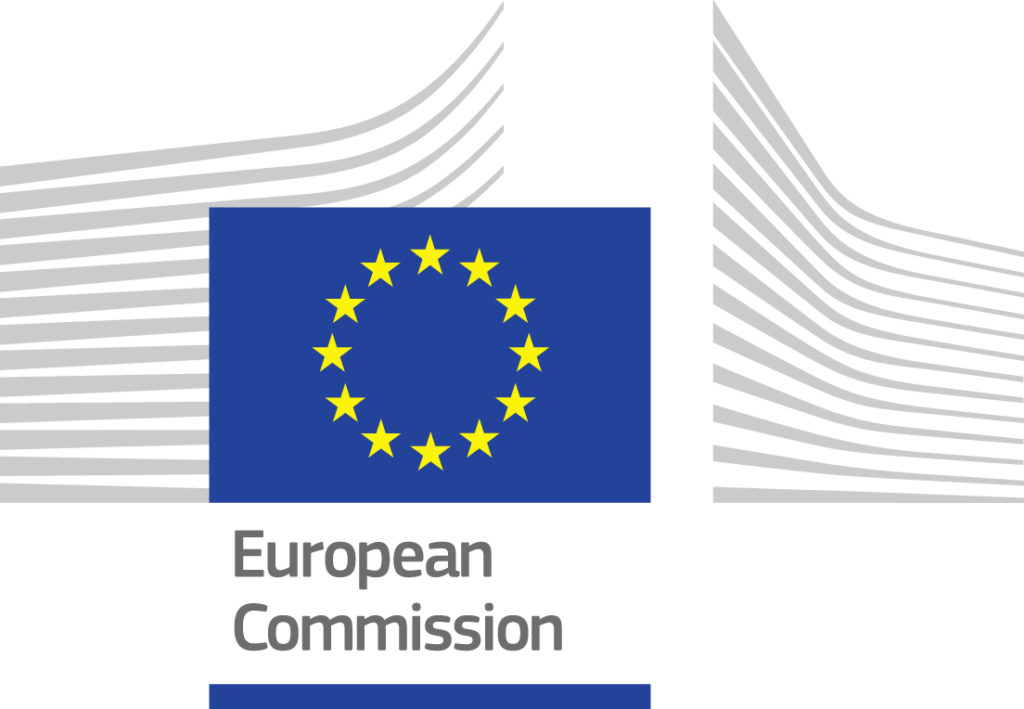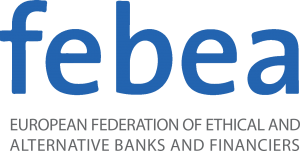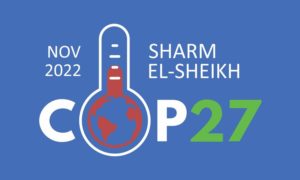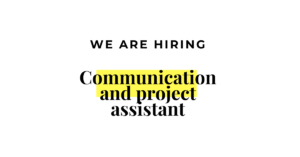Date: 14th of May 2024
Time: 11:00 – 13:30 (CET)
Location: Online
Registration and link here.
In September 2023, a workshop in Athens introduced participants to the importance of Impact Measurement and Management (IMM) in ethical finance. It covered recent developments and aimed to help providers develop actionable impact theses from their mission statements. The upcoming workshop will recap IMM and organizational missions, focusing on key questions to guide IMM frameworks. Participants will engage in exercises to translate missions into impact theses and define indicators and data collection methods. The workshop will emphasize defining outputs and outcomes at different levels of impact. It will also address organizing around IMM practices and provide materials for ongoing support.
We encourage you to fill in the templates shared during the first session to optimise your participation in the follow up second training session.
Agenda
11:00 – 11:15 – Welcome and introduction to the workshop
11:15 – 11:30– Recap and context of impact measurement and management
11:30 – 12:00 – Introduction of exercise “from mission to impact thesis”
Background information
Impact measurement and management (IMM) is paramount for ethical finance providers to ensure that they are indeed delivering on their claim to generate a positive social and/or environmental impact with their activities. The field of IMM has come a long way in the last ten years and risks and impacts are easy to identify but still difficult to articulate and to quantify and many ethical finance providers still struggle with the concept and, more specifically, with its implementation.
Training contents
During the initial workshop held on September 26th and 27th, 2023 in Athens, participants received foundational knowledge regarding the significance and complexities of IMM, particularly within ethical finance operations. The session also provided information on recent advancements from both European and methodological standpoints. This training builds upon previous content, continuing from where the initial workshop concluded. The primary aim is to enable ethical finance providers to craft actionable impact theses from their mission statements.
For this purpose, the second workshop will start with a short recap on IMM and its current context. Furthermore, it will illustrate the concept of impact from an ethical finance provider’s perspective. We will also recap on the roots and mission statement of your organization by giving an overview on the key questions to be answered for an IMM framework: What resources are you investing – financially and non-financially? Who are the ‘donors’? What financial instruments do you use? What regions, areas, themes, organisations, etc. are the focus of your activities? Which beneficiaries do you want to reach with your offer? This will be the compass for all your activities as ethical finance provider, and nurtures the further elaboration of the theory of change…
The core segment of the workshop will comprise a guided exercise where organizations will be assisted in translating their organizational missions into impact theses, essential for the development of an effective IMM system.The indicators definition/selection and data collection will be based on a further elaboration of the theory of change and on other available sources that might be of inspiration. The activities of ethical finance provider address societal and environmental challenges, so the workshop will focus on defining concrete outputs and outcomes at the macro level (environment/society), meso level (organisations that receive direct support from the finance provider) and micro level (beneficiaries and other societal stakeholders).
The whole logic of the elaborated theory of change and indicators are the backbone for IMM, as this guides further steps in data collection, data analysis and monitoring, evaluation, reporting… Therefore, the workshop will provide insight into how ethical finance providers can get organized around the practise of IMM, including the selection process of organisations, the timing and concrete tools or methods (to get started with or further elaborate the existing) data collection, depending on the available resources.
Following the session, participants will receive access to presentation materials and templates to support their ongoing efforts.
Speakers

Barbara Scheck works at the European Center for Social Finance, which delivers Technical Assistance services on behalf of FEBEA. She is the Professor for Entrepreneurship at Munich Business School and has been active in the field of social finance since 2007. Her work focuses on the financing of social enterprises, impact and mission-related investing and impact assessment.
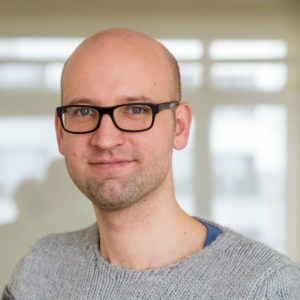
Tomas De Groote – Social innovation Factory. He has a background in civil society as coordinator and policy worker for several non-profit organisations. Since 2015, he works on the incubation and acceleration of social innovative enterprises via social impact evaluation & management at Social Innovation Factory (Belgium). He coordinated pioneering action researches on these topics, co-created tools for impact management at the level of social enterprises as well as social investors.

Mikulas Kresanek is co-founder of Socialni Inovatori Impact Capital, pioneer social impact fund in Slovakia dedicated to creating a functional infrastructure for impact entrepreneurs and all future solvers of societal challenges. Mikulas brings in over 20 years of experience in private equity, investment and commercial banking (Slovak American Enterprise Fund, CA-IB, Credit Lyonnais) with a specialisation in structural financing. Within Socialni Inovatori, Mikulas focuses on supporting the social ventures in their fundraising & strategic business development. Among other engagements, he is co-founder of the Center for project innovations at the Slovak university for public health.
Kurt Hofstetter has been involved in various leadership functions with the City of Vienna for the last 30 years, in areas including urban development and city planning, zoning and development planning and landscape planning. He headed for instance the International Building Exhibition “IBA_Vienna – New Social Housing”, which final presentation was disclosed end of 2022. From 2003 to 2015 he was significantly involved in the urban development of the Urban Lakeside “Seestadt Aspern” in Vienna, which acted as role model for new approaches in many areas of neighborhood development. Kurt is a graduate of the University of Natural Resources and Applied Life Sciences in Vienna.
*Check FEBEA’s cancellation policy here.


